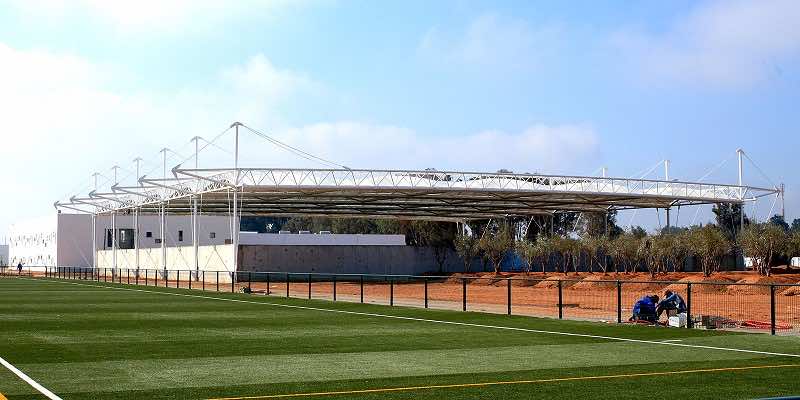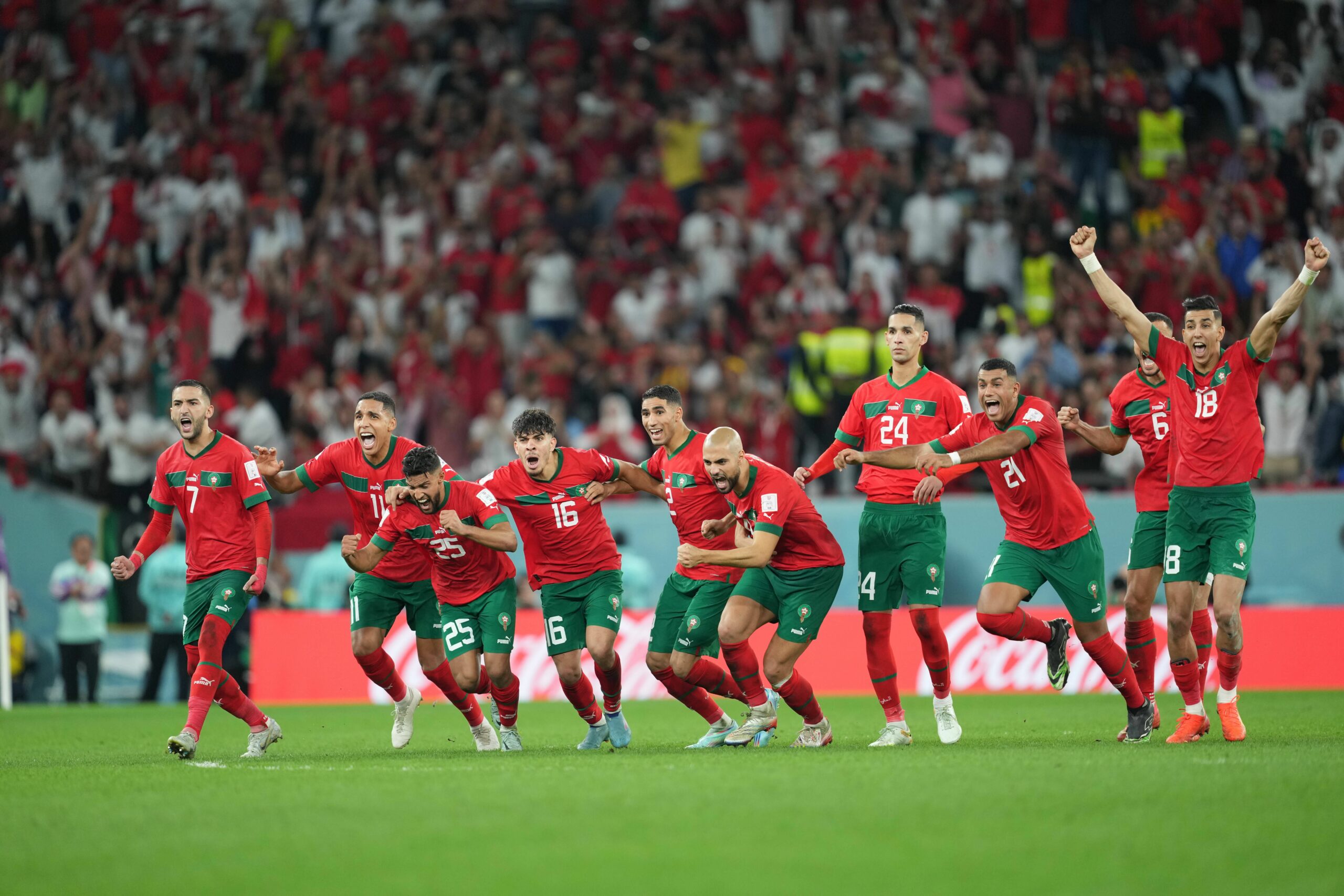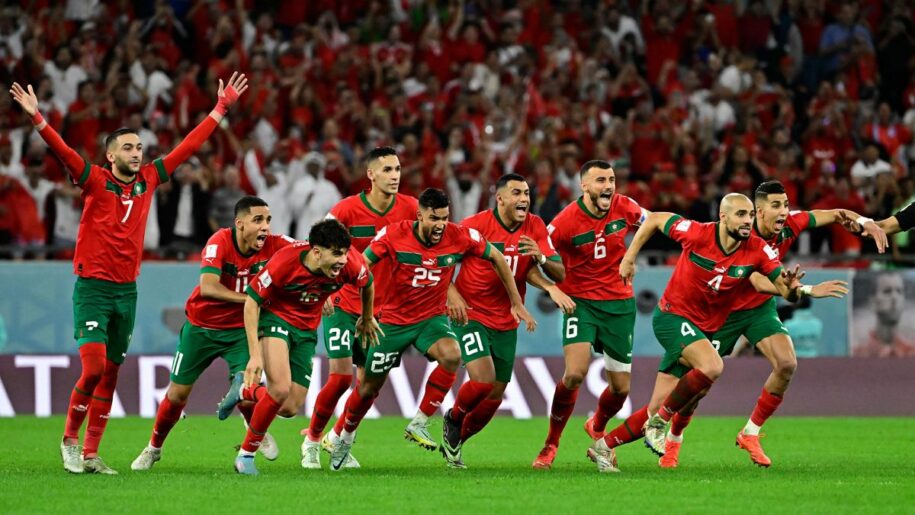In the last few years, Moroccan football has experienced a significant transformation, rising in both regional and global esteem.
This evolution is no accident; it stems from a conscious effort to develop the sport at all levels within the Kingdom of Morocco.
There is no better example of this than the national team’s heroics at the 2022 Qatar World Cup. Morocco were the first African team to reach a men’s World Cup semi-final.
Strategic Planning and Investment
Morocco’s football development is underpinned by a strategic plan that targets multiple levels of the sport. The Royal Moroccan Football Federation (FRMF) has focused on improving infrastructure, coaching, domestic leagues, and international exposure.
The country has invested heavily in state-of-the-art football facilities, including training centres and stadiums, bringing them up to par with international standards.
Moreover, the 2026 FIFA World Cup bid, although unsuccessful, acted as a catalyst for further investment into sport infrastructure.
Youth Development and Academies
A critical cornerstone of Morocco’s football ascension is its emphasis on youth development.
Football academies and scouting networks now span the nation, designed to identify and cultivate homegrown talent from an early age.
Academies such as the Mohammed VI Football Academy are leading the way, combining education with football training to ensure a well-rounded development for young athletes.

Performance of Domestic Leagues
There has been a concerted effort to elevate the standard of the domestic leagues, the Botola Pro 1 and 2.
By implementing stronger financial regulations, encouraging responsible club management and increasing the competitiveness of the league, Moroccan clubs have grown stronger.
Additionally, there’s been a trend of securing sponsorships and media rights deals to increase revenues and global visibility.
Cooperation and partnership agreements with European clubs have also facilitated knowledge and technology transfers.
Success in Continental Competitions
Moroccan clubs, particularly Wydad Casablanca and Raja Casablanca, have seen significant success in continental competitions, such as the CAF Champions League.
Their achievements have showcased the improved quality of club football in Morocco and inspired a sense of pride and ambition within the nation.
Ultimately, greater success breeds exposure. With more exposure on local clubs in the community, Morocco will have a greater depth of aspiring youth to develop.
National Team Achievements
The Moroccan national team, also known as the Atlas Lions, has achieved a series of successes on the international stage that have helped to put Moroccan football on the map.
Qualifying for the World Cup is always a prestigious achievement. However, Morocco’s performance at the 2022 Qatar World Cup was beyond imaginable for the nation. It was the first time an African and Arabic country reached the semi-finals.

Challenges and Future Outlook
Despite these positive developments, Moroccan football faces challenges such as ensuring the consistency of its national team’s performances and managing the economic aspects of the sport sustainably.
However, the trajectory of Moroccan football is undoubtedly on an upward path.
Through a blend of targeted investments, youth development, and strategic planning, Morocco is crafting a football legacy that may soon place it among the top football-playing nations of the world.
The coming years will be pivotal in solidifying the gains made and overcoming any hurdles, as Morocco aims not only to excel in Africa but to become a prominent figure in global football.
The Playbook is powered by the data from Genius Sports.

Leave a Reply